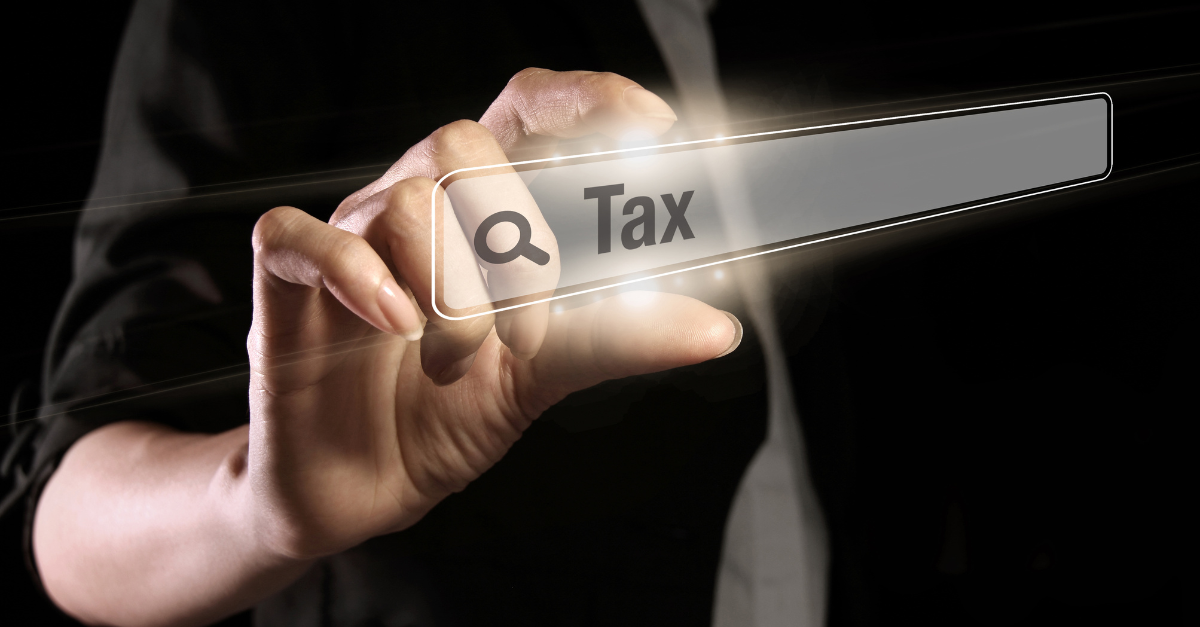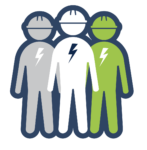
Running an electrical contracting business isn’t just about fixing wiring or installing new systems—it’s also about keeping your finances in check. Understanding business income is essential, whether you’re a solo operator, a small business, or managing a larger team. With an increasing number of income streams, especially in today’s digital economy, it’s crucial to know what counts as business income and how to stay compliant with tax regulations.
What exactly is business income?
Your income can come from various sources, and not all of it is as straightforward as receiving a payment for a completed job. Business income covers anything you earn from selling your services, but it can also include non-cash payments like vouchers, goods, or even cryptocurrency. If you’re being paid in something other than cash, you’re still required to report that income—just at its market value.
For example, if a client offers you new tools or equipment instead of cash, the value of those items must be declared on your tax return. This means reporting the equivalent cash value that you would have charged for the same job. This applies whether you’re receiving goods, services, or digital assets.
Different forms of business income
As an electrical contractor, your income can come in many forms beyond simple cash payments. Here’s a breakdown of the types of business income you may need to report:
- Cash and digital payments: Payments received in cash, via bank transfer, or through apps like PayPal or mobile payments.
- Vouchers or coupons: If a client offers vouchers for your services, these count as income at their market value.
- Non-cash items: Any goods or services you receive instead of cash for your work must be reported at their equivalent cash price.
- Government grants and payments: Payments from assessable grants or programs should be included in your income.
- Personal services income (PSI): Income from using your personal skills or expertise, such as consulting or freelance work, is reportable.
In addition to these, don’t forget to include income from business investments, trading stock you take for your own use, and any payments from insurance claims. These can all count as assessable income.
What’s not considered income?
Not all money or value that comes into your business needs to be declared as income. Some payments are classified as non-assessable, meaning they don’t need to be included in your tax return. Examples include:
- Non-assessable government grants: Certain grants, such as specific COVID-19 business support payments, are exempt from being reported as income.
- Personal gifts or inheritance: If you’ve received a gift or inheritance, it’s not considered business income.
- GST collected: GST that you’ve collected from clients doesn’t count as assessable income, but it does need to be recorded for BAS purposes.
Record-keeping
Maintaining clear and accurate records is vital. It helps you track your business’s health and ensures compliance with the Australian Tax Office (ATO). Legally, you need to keep records of all transactions related to your business’s tax, superannuation, and registration obligations for at least five years.
These records must include:
- Date, amount, and description of each transaction.
- Purpose of the transaction.
- Any relevant GST information.
Keeping organised records not only helps you stay on top of your finances but also makes tax time less stressful. You’ll have all the necessary information at your fingertips, ensuring your returns are accurate and complete.
Why good record-keeping matters
Good record-keeping isn’t just about avoiding penalties—it can also help your business succeed. Clear and complete records allow you to:
- Track your business performance: See if your business is turning a profit or experiencing losses.
- Make informed decisions: Accurate financial data helps you make smart business moves, such as when to expand or invest in new equipment.
- Manage cash flow: Good records make it easier to stay on top of payments, ensuring you can meet financial obligations on time.
- Meet your tax obligations: From tax returns to BAS, having the right records makes complying with ATO requirements simpler and faster.
Staying compliant
It’s essential to stay on top of your tax obligations and avoid costly mistakes. Here’s a quick guide to ensure your business income is reported correctly and your records are up to date:
- Declare all types of income: This includes cash, non-cash payments, and any digital transactions.
- Know what’s exempt: Make sure you’re aware of non-assessable income types, such as specific government grants or personal gifts.
- Keep your records for five years: Store both physical and digital records securely, ensuring they are backed up and easily accessible.
- Seek professional advice: If you’re unsure about your tax obligations, consult a registered tax agent or BAS agent who can provide expert advice.
By staying informed about your business income and maintaining thorough records, you can keep your business running smoothly. More importantly, you’ll stay compliant with tax laws, avoid penalties, and position your business for growth in the future. If ever in doubt, don’t hesitate to get advice from a tax professional to ensure you’re on the right track.
Master Electricians Australia can help you to manage your safety requirements for your business.
 Our comprehensive safety solution, ME Safety, is a compliant safety system that provides a single holistic package.
Our comprehensive safety solution, ME Safety, is a compliant safety system that provides a single holistic package.
Using cloud technology, it can be used on a number of platforms to help you manage your workplace safety in real time.
Get access to:
- A support hotline – Our national team of advisors are waiting for your call.
- Safety tools – Keep tracks of tasks, records, licences and more.
- Safety documents – Templates and documents including SWMS, policies, procedures and more.




